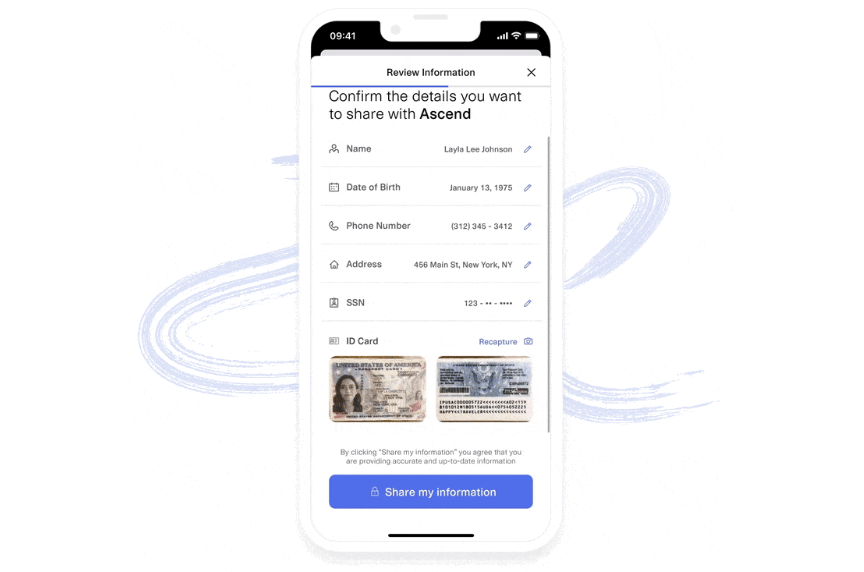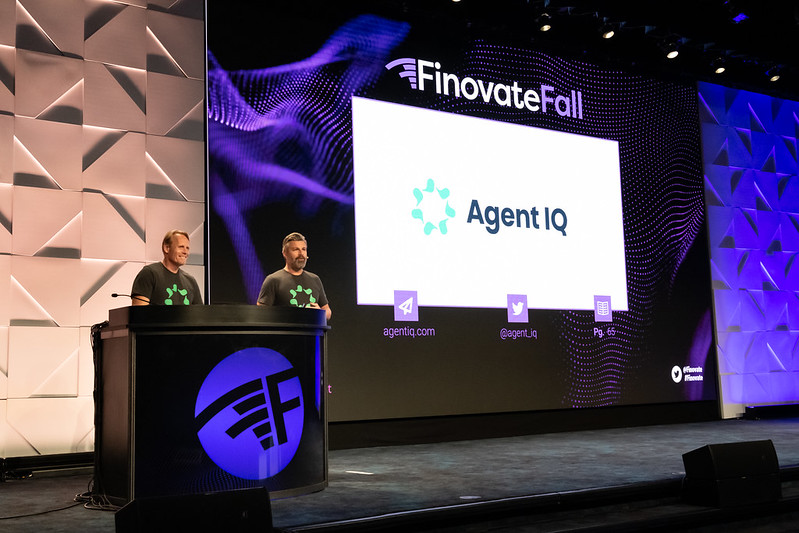
- A number of sources are reporting that FIS has acquired Bond Financial Technologies for an undisclosed sum.
- The acquisition was first reported by Fintech Business Weekly’s Jason Mikula, who subsequently shared an internal note from FIS describing the acquisition.
- Neither company has commented publicly about the acquisition reports.
Both FIS and Bond Financial Technologies are being discreet about the news. But a growing number of sources – from TechCrunch to Twitter – are reporting that FIS has acquired the embedded finance company for an undisclosed sum. The news broke on June 1 via a tweet from Fintech Business Weekly’s Jason Mikula. TechCrunch confirmed the story days later, citing unnamed sources. But neither FIS nor Bond has issued an official statement on the news. Mikula followed up his initial tweet with a tweet on Friday sharing an internal communication from FIS president of platform and enterprise products, Tarun Bhatnagar, that provided additional details.
What do we know? In his tweet, Bhatnagar said that FIS was “welcoming 30 Bond colleagues to the FIS team” and that Bond co-founder and CEO Roy Ng will stay on, reporting to Bhatnagar. Bhatnagar noted that the acquisition makes sense for FIS insofar as it brings both banking-as-a-service and embedded finance talent and experience to the company. Bhatnagar added that the acquisition will “close a gap” when it comes to FIS’ embedded finance capabilities, and accelerate time-to-market for the company’s new embedded finance projects.
Founded in 2019, Bond has raised $49 million in funding according to Crunchbase. The company’s embedded finance platform enables program management teams to build, launch, and operate their own financial products. Account verification solutions, deposit accounts, virtual and physical cards, and money movement tools are among the products that Bond’s technology helps companies create. With modern APIs and a robust integration layer, Bond simplifies the process of building and launching new products without having to partner with multiple institutions and vendors. Bond also manages the programs so that companies do not need to worry about securing banking licenses or staffing their own compliance teams.
Earlier this year, Bond announced a partnership with College Ave Student Loans. The collaboration will enable the private student loan provider, one of the top three in the U.S., to develop financial solutions for students and their families. Ng praised the company for its refinancing program and loan products for undergraduates, graduates, and parents, alike. “We look forward to partnering with College Ave to help millions of young adults build a strong financial future,” Ng said.
CardRates published an extensive profile of Bond and its founders at the beginning of the year.













